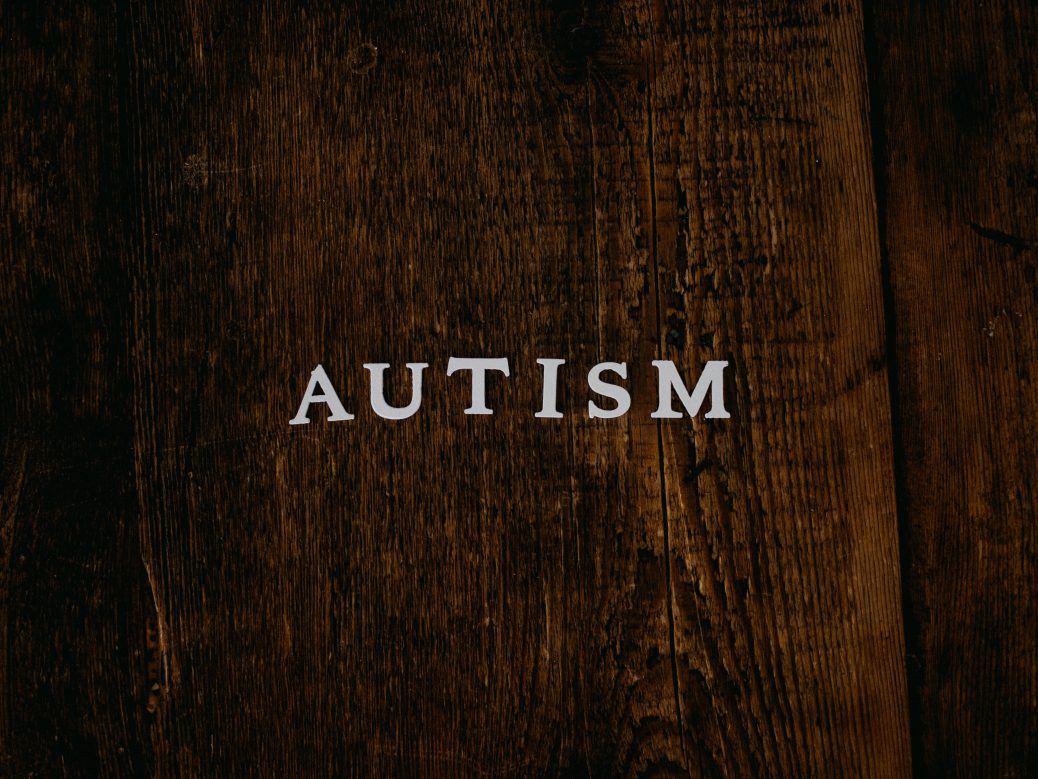Can the impact of diet on ASD make difference for these children? Parents mostly ask this question. There’s no specific diet designed for autistic people. Nevertheless, some autism advocates are exploring dietary changes as a way to help minimize behavioural issues and increase the overall quality of life.
Diet for ASD Avoid
Diet for ASD should be based on the avoidance of artificial additives. These include:
- preservatives
- sweeteners
- colours
Diet for ASD Focus on
An autism diet may focus on whole foods, such as:
ASD Children Face Problem
- Children with ASD often Face problems with foodstuffs. Maybe ASD children have an intense selection for one sort of meal, severe negligence of another, every time the dinner times become troublesome.
- In some patients’ cases, food choices take to the fragile gut. ASD children face many common digestive issues. Foods that heighten discomfort in the gut might initiate specific behaviours close to mealtime.
- Many parents look for supportive diets for their children. Nowadays, many parents are shifting to gluten-free, dairy-free, and ketogenic diets. Doctors suggest that these diets have positive effects on children but these researches are new to see their effects on ASD children.
- It’s important to work with your child’s nutritional therapist to comprehend the effects of these diets. What ASD children should eat and avoid to get enough nutrients to support their development.
Can Only Diet Replace Behaviour Therapy
Behaviour therapy can support minimizing these matters. Many specialists suggest that behaviour therapy is the prior technique for making them comprehend and manage ASD signs.
Children with autism get many types of therapies, like physical therapy, occupational therapy art therapy, and music therapy and know the( Impacts of Colours on ASD Children / Colour Preferences in Autism) through colour therapy.
Now supportive therapies are also being offered to manage mood swings, and behaviour.
Related Article: Diagnosis and Therapies for ASD
Healthy Diet for Children With ASD
Nutritional therapy includes eating the right food and avoiding typical foods which are not healthy for them. Taking vitamin supplements, or concentrating on a specific diet plan — is another method to manage some signs of ASD.
Specific diets and nutritional therapy could be one treatment, rather than the main treatment. It can not be replaced by other forms of therapies like ABA therapy.
Children with ASD have a range of needs. Nutritional therapies may be helpful to some children or adults but this therapy may not give very support to others.
How Children With ASD Experience Food
People with ASD often show food preferences and avoidance, especially as children. ASD children desire or avoid certain foods based on:
- Food Texture
- The smell of specific food
- The particular taste of food
- The temperature of food
Children with ASD experience food differently due to differences in brain development, which appear as differences in how food is seen. Research suggests people with ASD are less sensitive to sour and bitter tastes. They are less accommodating to scent, which can impact a lot of how food tastes.
Children with ASD also give less facial reaction to smiling, laughing, or frowning. This may also unfold in how they consume food. For example, a study suggested that a child’s texture preference relates to how able the child is to move their mouth, like whether they chew, suck, or crunch.
The impact of diet on ASD can be noticed if you give children other types of food, which will reflect in their behaviours.
Food textures are usually influenced by the kind and share of protein, specifically amino acid structure. This lead to specific surface likes and dislikes.
Protein structure also influences how the digestive system handles the food in the small intestine. Some foods are digested easily, but others do resistant. For a child who has a fragile gut, this could cause some distress and pain.


